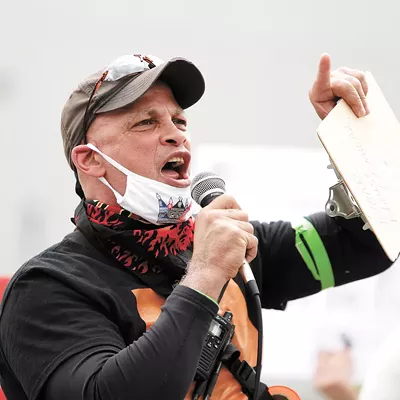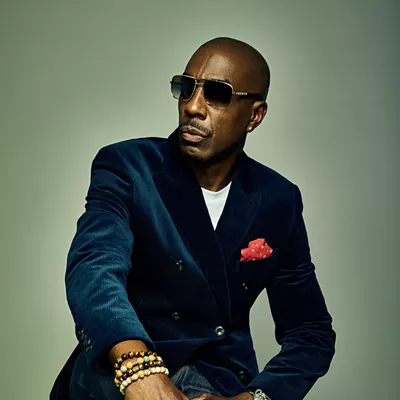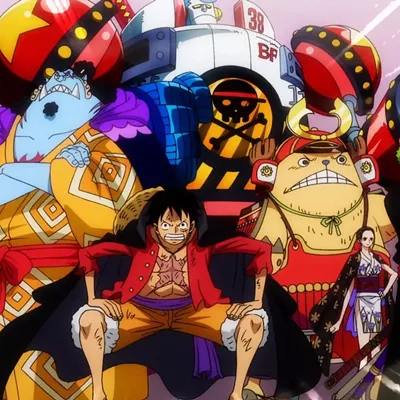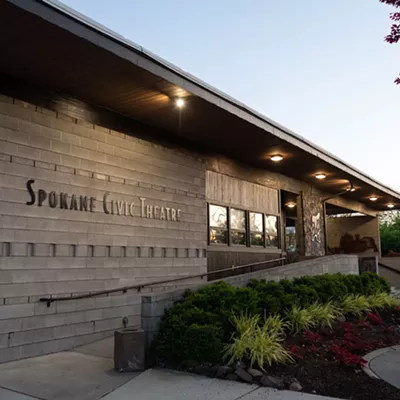The year was 1989. America's first actor-turned-president was handing the keys to the White House to his successor: a clean-cut Texan and former director of the CIA.
The two men — Presidents Ronald Reagan and George H. W. Bush — represented a time when politicians were tough on crime and wars were being waged on drugs. Like a pair of John Waynes in suits and ties, they were hard-nosed, driving home a value-driven agenda that spoke to the average, white-bread American.
But beyond the actor president's flawless facade and the Texan's no-new-taxes promises, a great number of Americans were angry. Angry at the Cold War, angry at Reaganomics. Angry that prisons were filled with minorities. The culture of America was sizzling like a powder keg, and a young man from Queens, N.Y., was ready to make it explode.
His name was Carlton Ridenhour — better known as Chuck D — and he surprised America with something new: music that was brash and contagious, that pointed a finger at the establishment and demanded that people question authority. Even today, more than 25 years after he stepped into the limelight, he continues on his mission to empower Americans of all races to stand up for the freedoms they are promised.
Back in 1989, Chuck D and Public Enemy rapped with a fearlessness and rage that was invigorating to young Americans, particularly on a track called "Fight the Power." The song told black youth to fight for their freedoms and stand up against the establishment that was holding them down, and it shat on the good-old-boy America that Reagan and Bush represented at the time.
The hip-hop group enjoyed massive success with songs like this through the 1990s; their album Fear of a Black Planet even found a home in the Library of Congress. Public Enemy was pissed, and rapped about things that mattered to the people: slow response times by ambulances in black neighborhoods, the misrepresentation of blacks in pop culture.
Today, all these years later, that's something Chuck D has spoken at length about. Hip-hop isn't what it was when he started. "I'm a big fan of the genre," he says over the phone. "I believe that it's high performance art, and I don't believe that it's the low-art, infantile gibberish that people say that it is."
But he says that mainstream hip-hop's infatuation with extravagance and materialism is where he finds a problem with the genre's evolution. It isn't about change or being a voice of the people. "It's reduced to something that's not being worth the effort," he says.
These days, Chuck D continues to make music with Public Enemy, but he also lectures — like the one he'll give this week in Spokane, called "Race, Rap and Reality." It's a new vehicle for his outrage, and a way for him to present the knowledge he's gained over the past 25 years.
"Race has gone through a washing machine and a dryer all at once. Every year we're tweaking the definition of it," he says. "I'm always going to be outraged at the exploitation of aspects of black life." He points to the thug stereotype of African Americans, and how it has been blown up, exploited and spread through American culture.
That not-so-accurate image has changed rap and hip-hop — projecting an image into the mainstream about what it means to be black in America: "I don't like the imbalance that is portrayed through American media coverage. You have people born into that stereotype now."
He says that's why he continues to help support underground artists who steer clear of those stereotypes. Since 1999, he's pushed those artists on Rapstation.com, a site that puts social commentary and underground hip-hop side by side. He says that as a longtime veteran of the business, the hip-hop world was obviously going to change: "[Public Enemy was] one of the first that went around the world — that planted seeds, and now people pick the fruit." ♦
Martin Luther King Jr. Celebration with Chuck D • Wed, Jan. 15, at 10 am; doors at 9 am • Spokane Falls Community College, Bldg. 15 Music Auditorium • 3410 W. Fort George Wright Dr. • Free • All-ages • spokanefalls.edu



















